Apple wants to give the impression that it has really addressed one of the key antitrust issues - the ability to pay for digital content outside of the App Store. In reality, however, this is not the case, because the company actually made the smallest concession it could. So the goat remained whole and the wolf did not eat much.
It could be interest you
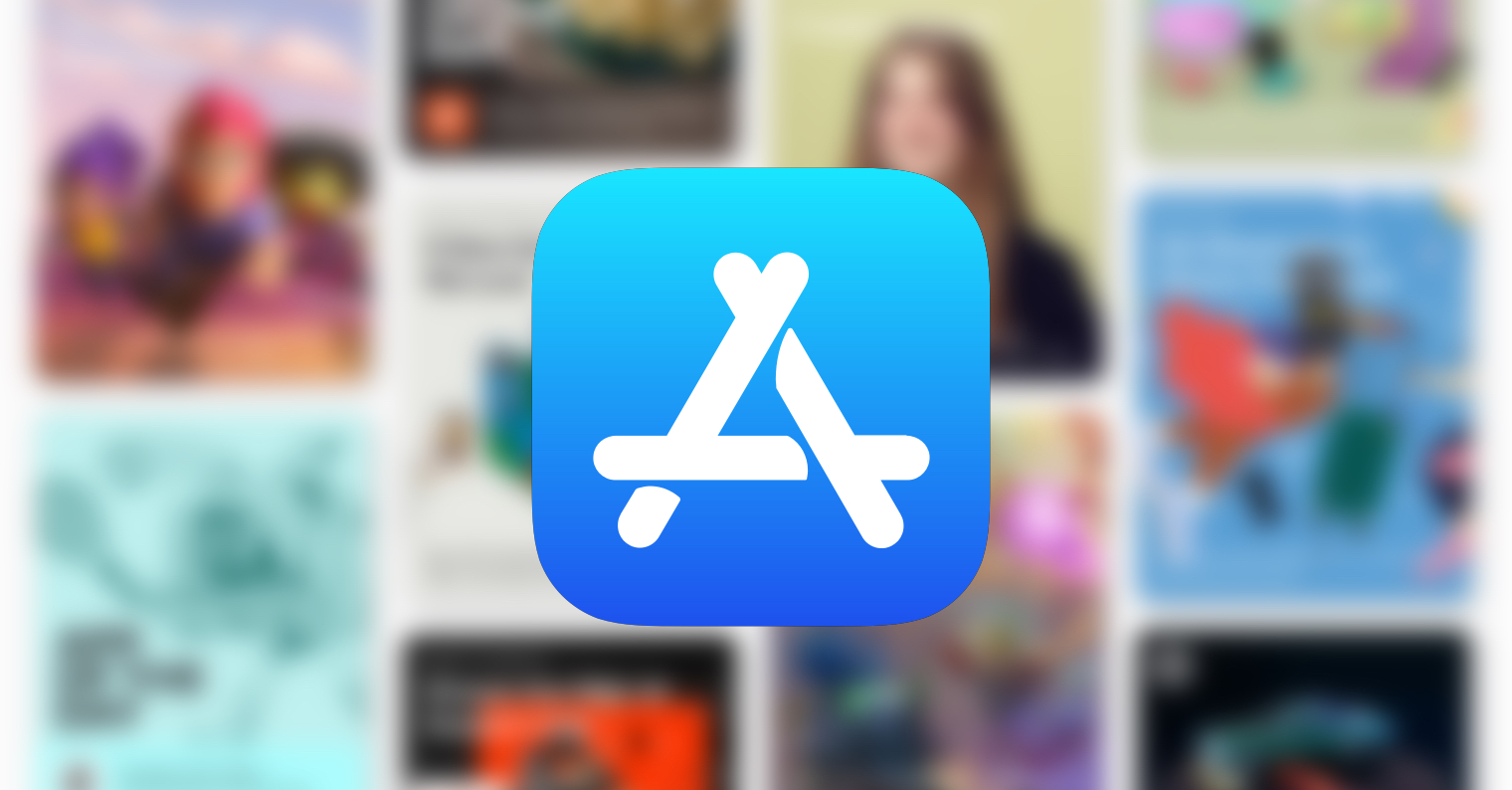
The case of Cameron et al vs. Apple Inc.
The background is quite simple. One of the main concerns of developers submitting content to the App Store is the fact that Apple wants a portion of their revenue from both app sales and in-app purchases. At the same time, he does his best to make sure that it cannot be avoided, which has not really been possible until now, with a few exceptions. The exceptions are usually streaming services (Spotify, Netflix), when you buy a subscription on their website and just log in to the app. In terms of antitrust, Apple has a policy that does not allow developers to direct app users to alternative payment platforms, typically its store. This, then, is what the Epic Games case is all about. However, Apple will now change this policy with the fact that the developer can now inform its users that there is another option. However, there is one major problem.
A missed opportunity
The developer can only inform its user about the alternative payment for the content via e-mail. What does it mean? That if you install an app that you don't sign in with your email, the developer will probably have a hard time contacting you. Developers still cannot provide a direct link to an alternative payment platform in the application, nor can they inform you of its existence. Does that sound logical to you? Yes, the app can ask for your email address, but it can't do so via message "Give us an email to tell you about subscription options". If the user provides his email, the developer can send him a message with a link to payment options, but that's all. So Apple has settled that particular lawsuit, but it still has a policy that solely benefits itself, and that certainly does nothing to alleviate antitrust concerns.
For example, Senator Amy Klobuchar and Chair of the Senate Judiciary Antitrust Subcommittee stated: "This new response from Apple is a good first step to address some of the competition concerns, but more needs to be done to ensure an open, competitive mobile app market, including common sense legislation that sets the rules for dominant app stores." Senator Richard Blumenthal, in turn, mentioned that this is a significant step forward, but it does not solve all the problems.
It could be interest you
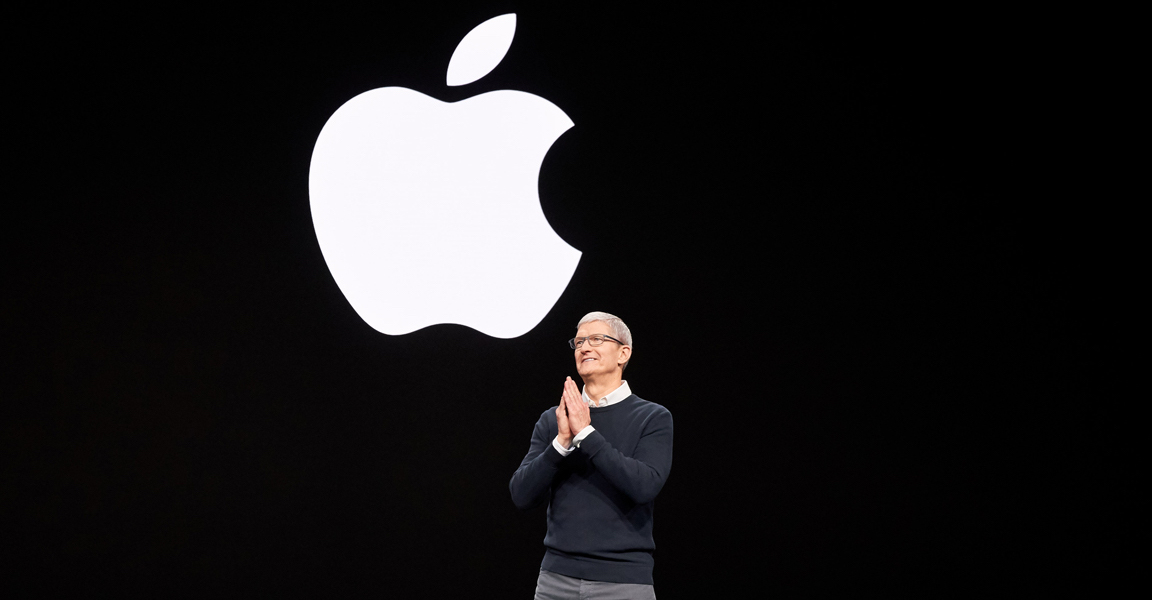
Development fund
That being said, he also founded Apple development fund, which is supposed to contain 100 million dollars. This fund is supposed to be used to settle with developers who sued Apple in 2019. The funny thing is that even here the developers will lose 30% of the total amount. Not because Apple will take it, but because $30 million will go to Apple's expenses related to the case, that is, to the Hagens Berman law firm. So when you read all the information about what kind of concessions Apple actually made and what it means in the end, you simply feel that the game is not completely fair here and probably never will be. Money is simply an eternal problem - whether you have it or not.
 Adam Kos
Adam Kos 









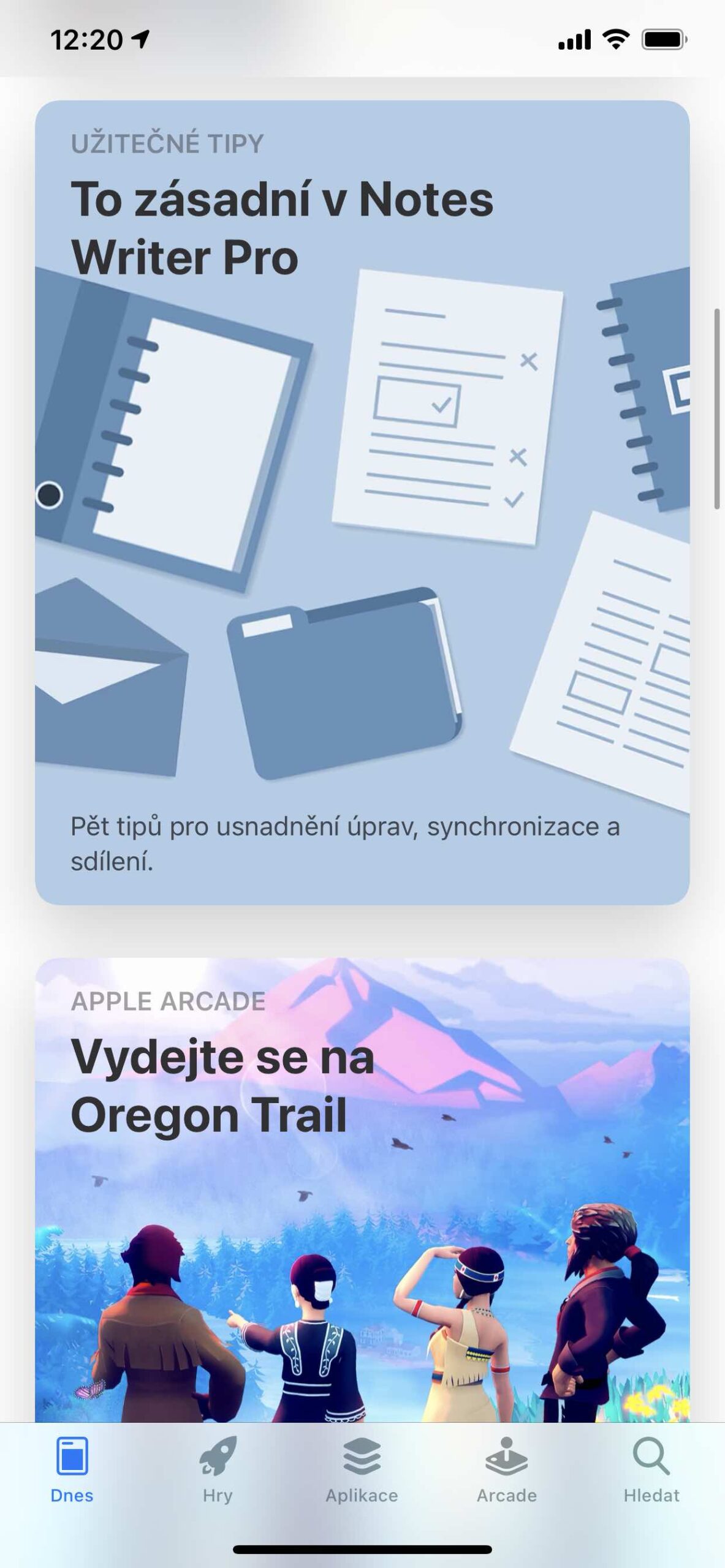






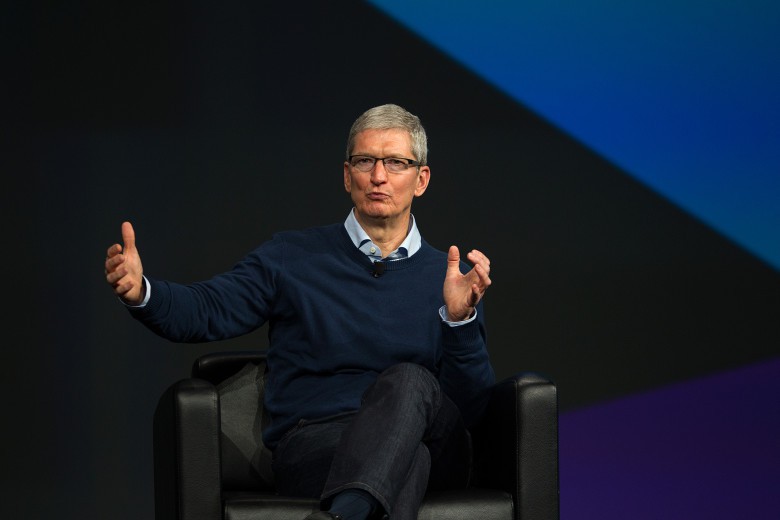
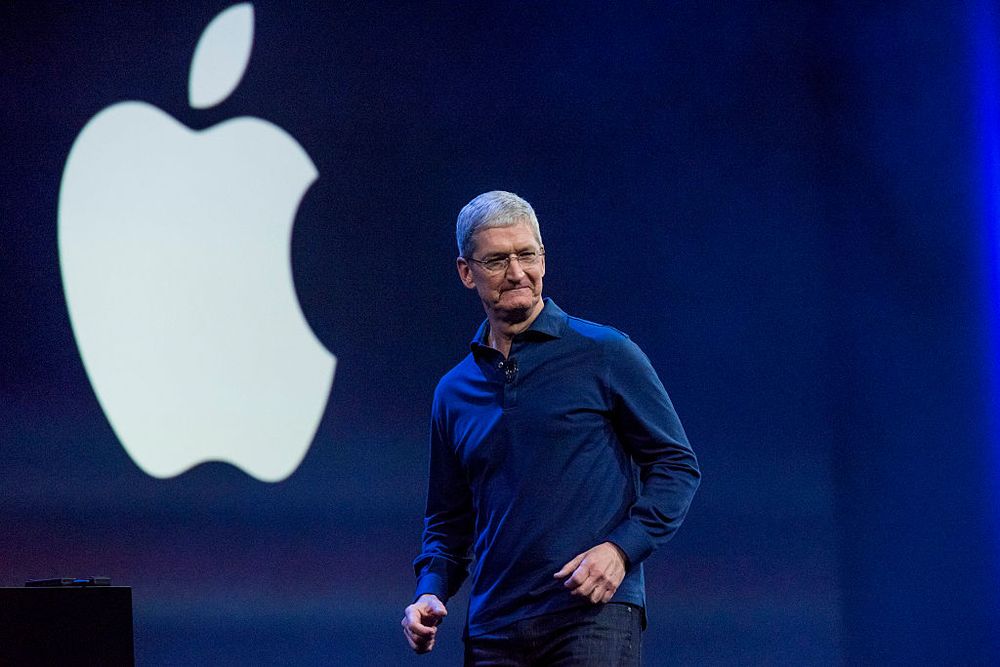
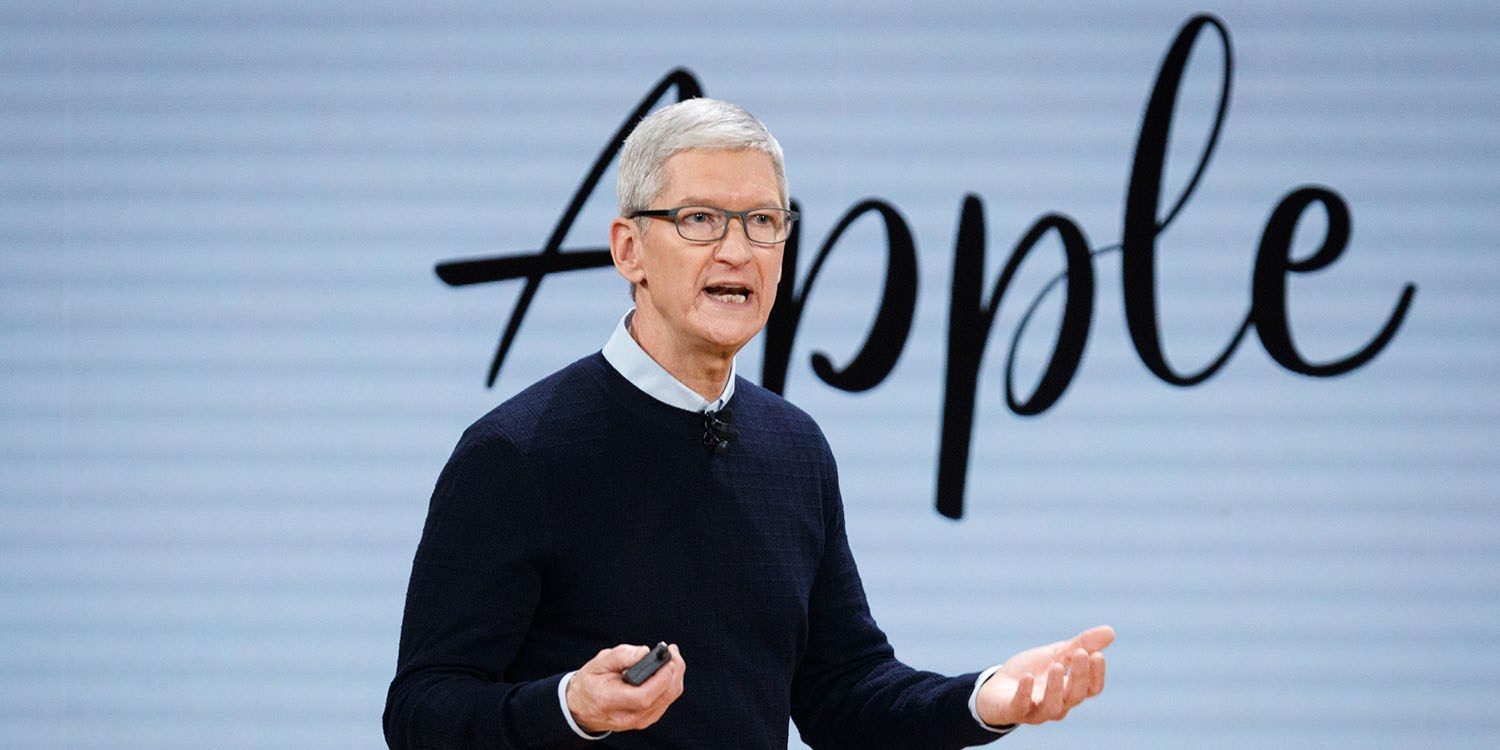
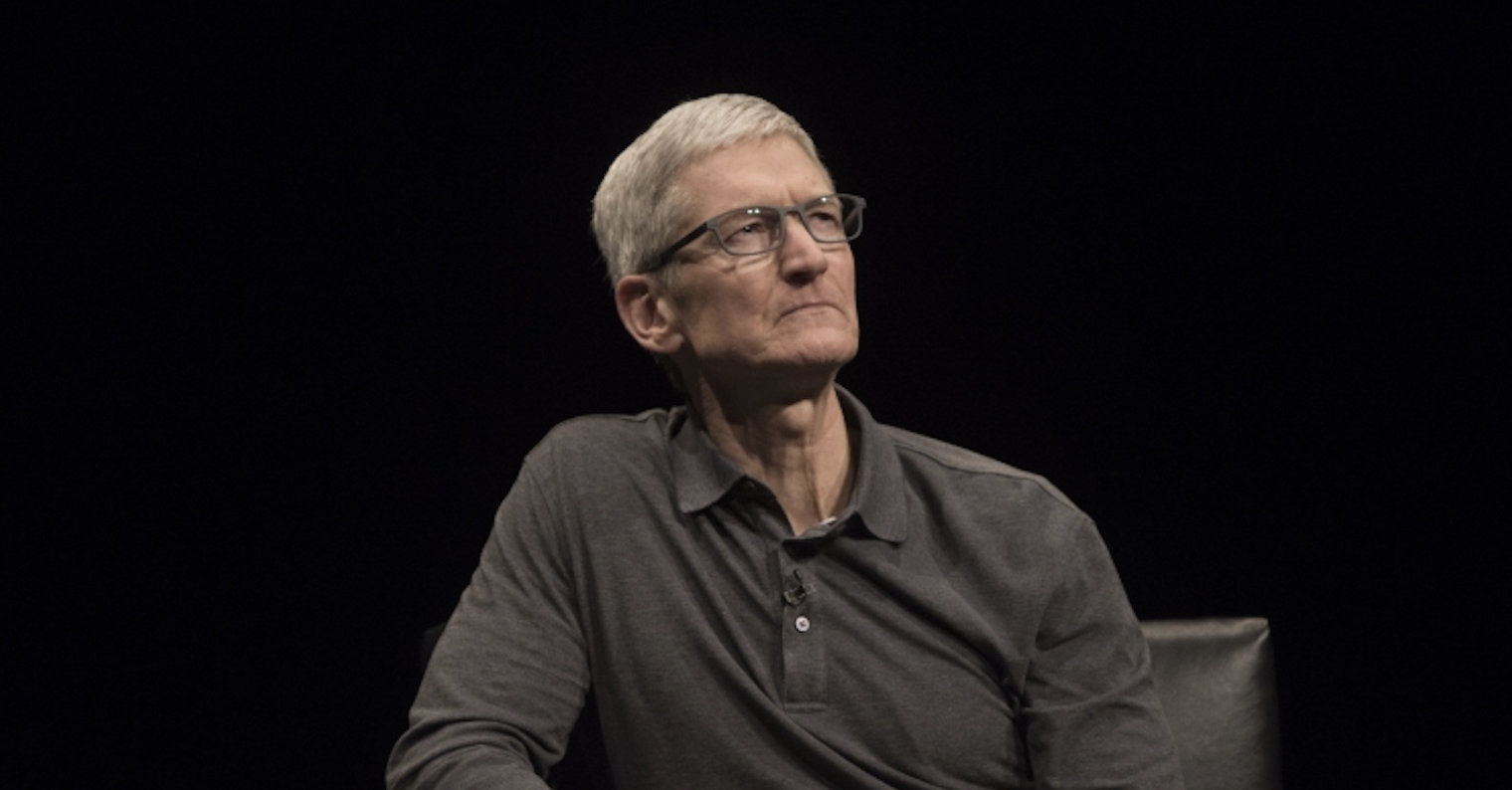
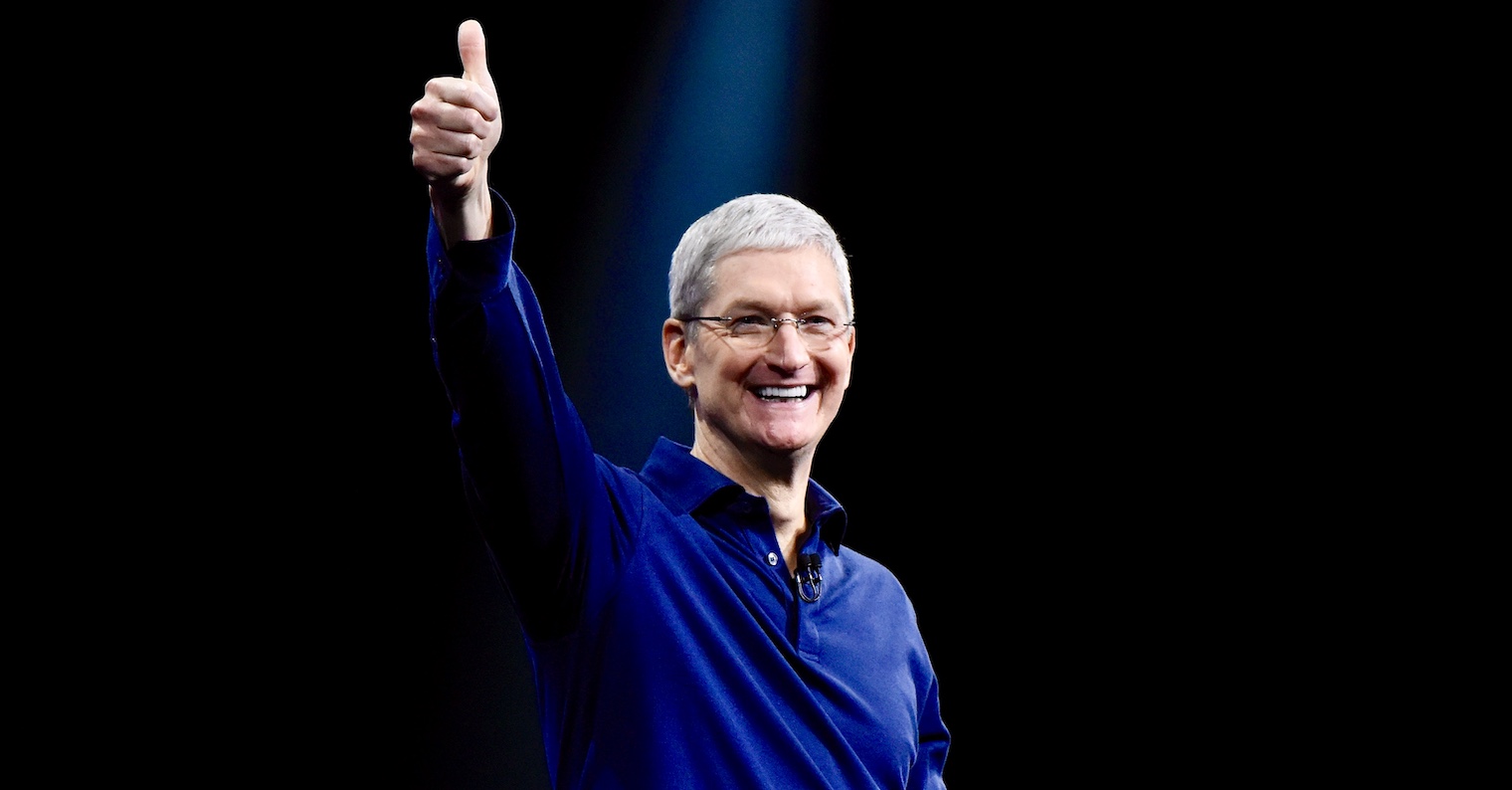

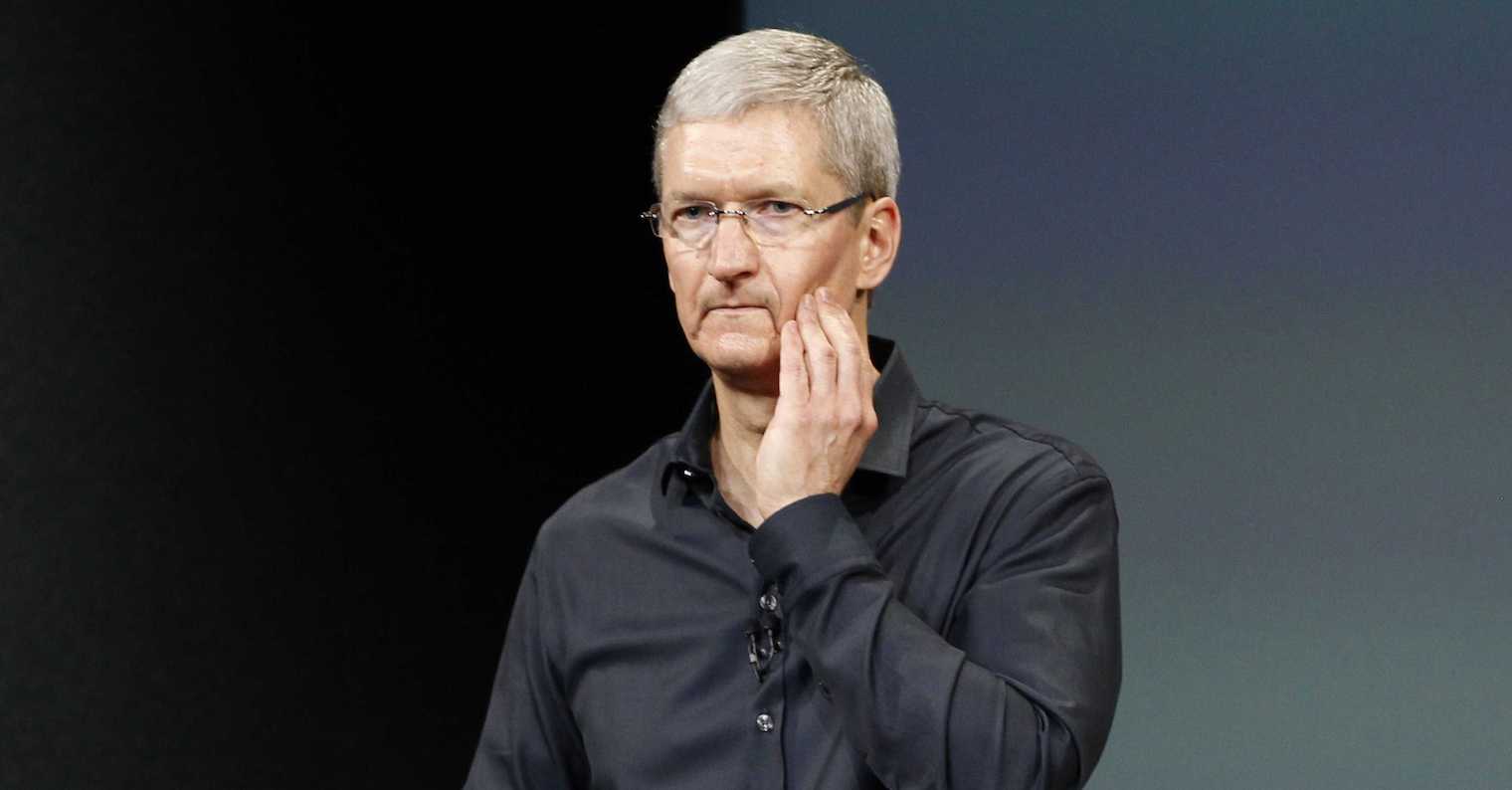
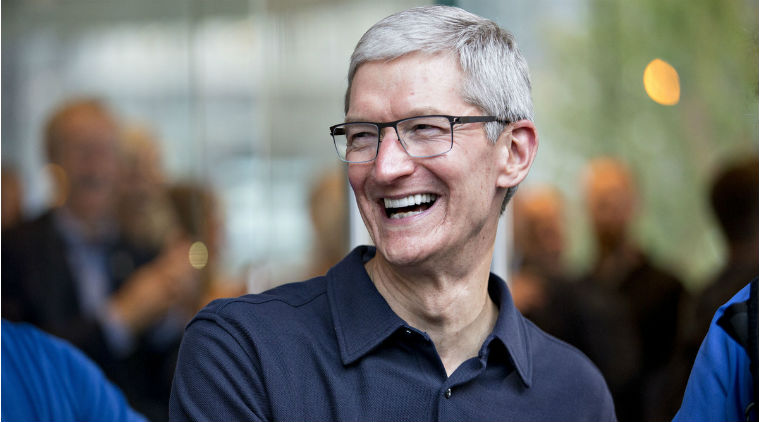
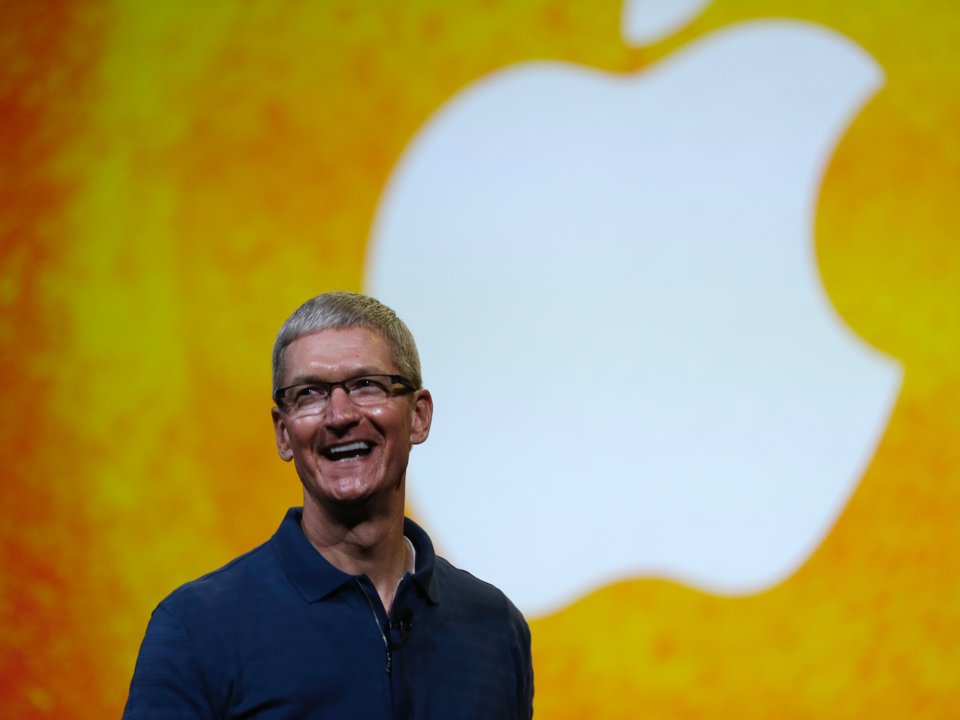

It fixes it a bit, but let's be honest, the developers could always do this. They couldn't inform people through the app, but when they put the information on the net, people found it. I know of a lot of applications where the subscription or the license can simply be bought outside and then just install the app, log into it with the created account and it's done. This is really just about the fact that Apple "allowed" it officially and in such a way that it is almost impossible to do it again :D
I'm a big Apple fan, I really don't think that anyone should force Apple, and certainly not by law or by law, to be more accommodating. Demand and the market should force them to do so, and if it doesn't happen, it's probably not as bad as everyone has been trying to tell us in recent years. But if Apple wants to make some concessions, at least make them properly. This then makes it seem like they are doing the bare minimum so that no one sues them, and I simply don't agree with that either.
Personally, I don't think that the presence of another payment gateway as such should be allowed in the application, but if there was a link to it, then the person would decide for himself how he wants it. I would stick with the apple one because I don't need to put my card everywhere. Wherever it is possible to use Pay, I do it.